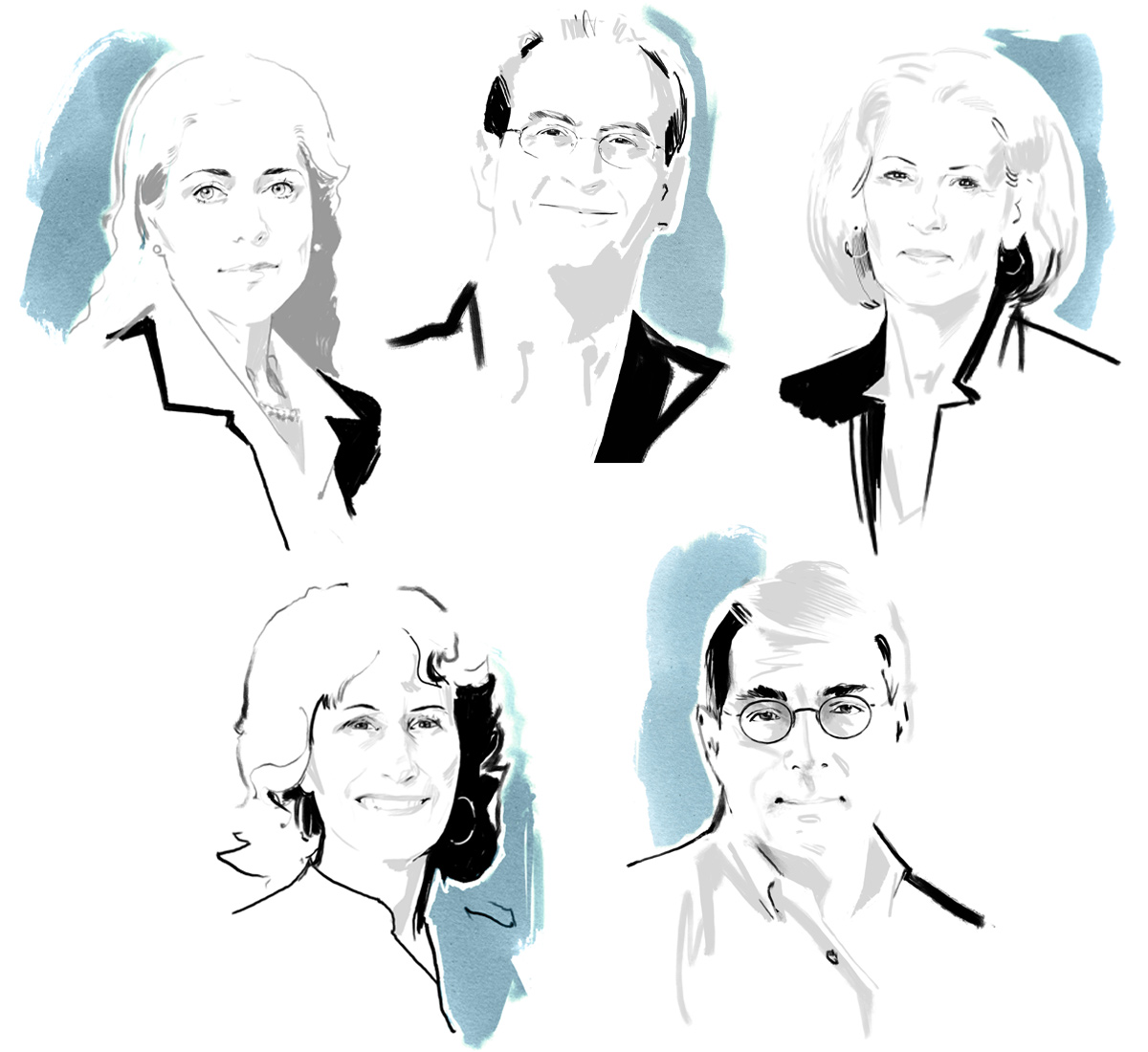
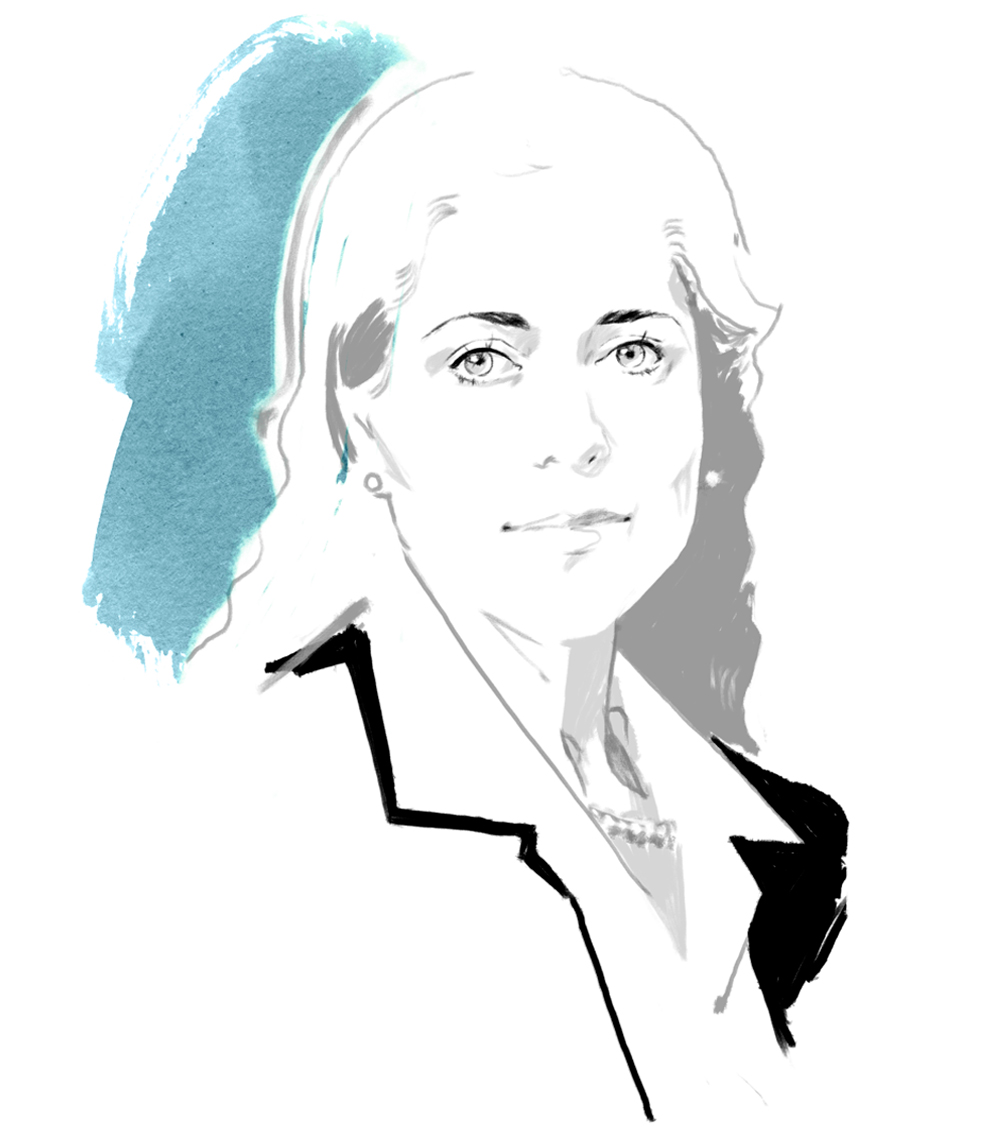
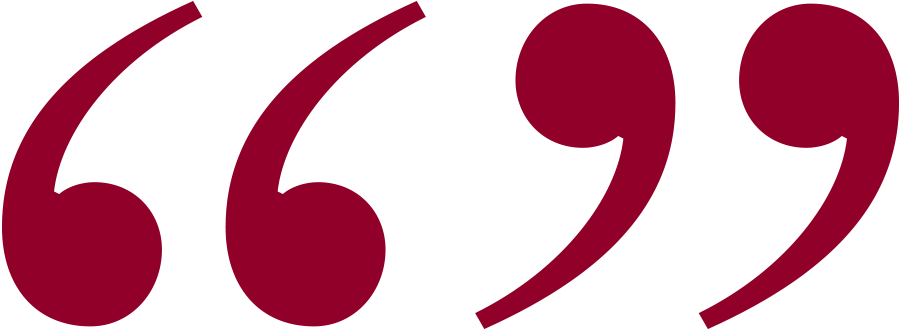

 arc
arcBorn in New York City, Arkin earned an A.B. from Oberlin University in 1973, a J.D. from Yale in 1982, and a Ph.D. in American religious history from Yale in 1983. She clerked for the Hon. Ralph K. Winter of the United States Court of Appeals for the Second Circuit in 1982 and 1983 and spent several years as a litigator in New York before joining the Fordham faculty.
As a historian, Arkin was part of a new wave of nationally recognized scholars who arrived at Fordham Law in the ’80s. “Marc came on at a time when all law schools, including Fordham, were beginning to bring in Ph.D.s in different areas,” says Professor Steven Thel, a longtime colleague. “We certainly had people with Ph.D.s in history here, but Marc had a focus on professional historical writing—writing for an audience of historians rather than an audience of law professors—that was unusual.” He adds, “She was an active part of our intellectual community, and Marc played an important role in building that community.”
Professor Abner S. Greene, another colleague, points out a few examples of Arkin’s contributions to historical scholarship, published in professional journals for historians such as the Journal of American History, the Journal of the Early Republic, and The New England Quarterly: “Her work on the Massachusetts constitutional framer Fisher Ames revealed a tension, or irony, between his Federalist politics and his more localist religious concerns. She also developed a crucial point about historical irony in her work on federal habeas corpus jurisdiction before the Civil War, showing that many cases of that period didn’t advance individual rights in the way we might now applaud, but rather aided slaveholders.”
Arkin has also contributed articles to publications aimed at general audiences, covering topics in law, religion, and history for the Baltimore Sun, The New Criterion, and The Wall Street Journal. “Missionaries were the rock stars of antebellum New England,” she wrote in the Journal in a March 2021 review of the book Doomed Romance: Broken Hearts, Lost Souls, and Sexual Tumult in Nineteenth-Century America.
 arc
arc


Born in New York City, Arkin earned an A.B. from Oberlin University in 1973, a J.D. from Yale in 1982, and a Ph.D. in American religious history from Yale in 1983. She clerked for the Hon. Ralph K. Winter of the United States Court of Appeals for the Second Circuit in 1982 and 1983 and spent several years as a litigator in New York before joining the Fordham faculty.
As a historian, Arkin was part of a new wave of nationally recognized scholars who arrived at Fordham Law in the ’80s. “Marc came on at a time when all law schools, including Fordham, were beginning to bring in Ph.D.s in different areas,” says Professor Steven Thel, a longtime colleague. “We certainly had people with Ph.D.s in history here, but Marc had a focus on professional historical writing—writing for an audience of historians rather than an audience of law professors—that was unusual.” He adds, “She was an active part of our intellectual community, and Marc played an important role in building that community.”
Professor Abner S. Greene, another colleague, points out a few examples of Arkin’s contributions to historical scholarship, published in professional journals for historians such as the Journal of American History, the Journal of the Early Republic, and The New England Quarterly: “Her work on the Massachusetts constitutional framer Fisher Ames revealed a tension, or irony, between his Federalist politics and his more localist religious concerns. She also developed a crucial point about historical irony in her work on federal habeas corpus jurisdiction before the Civil War, showing that many cases of that period didn’t advance individual rights in the way we might now applaud, but rather aided slaveholders.”
Arkin has also contributed articles to publications aimed at general audiences, covering topics in law, religion, and history for the Baltimore Sun, The New Criterion, and The Wall Street Journal. “Missionaries were the rock stars of antebellum New England,” she wrote in the Journal in a March 2021 review of the book Doomed Romance: Broken Hearts, Lost Souls, and Sexual Tumult in Nineteenth-Century America.
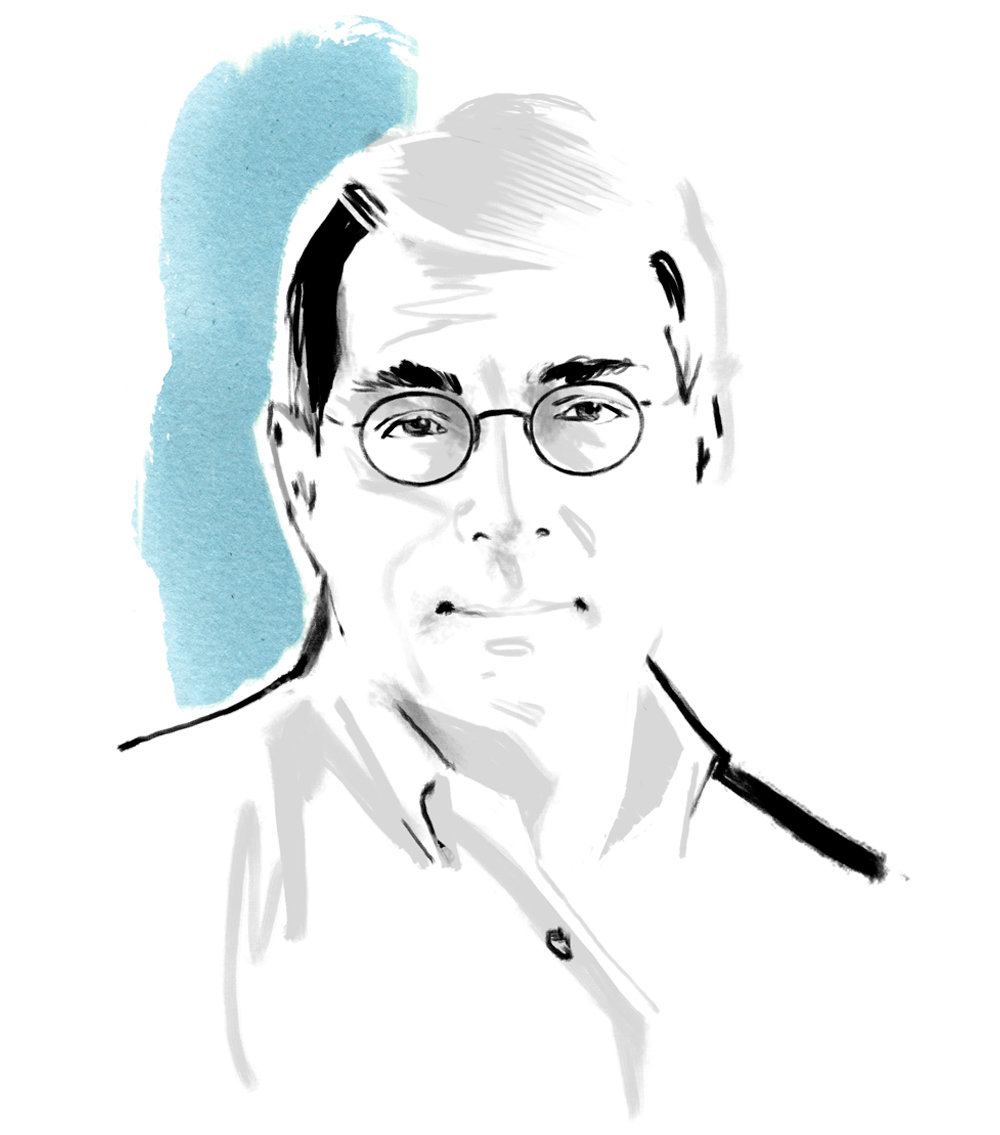


 ames
amesCohen was hired in 1986 by Dean Feerick to establish what eventually came to be known as Fordham Law’s Federal Litigation Clinic. The notion of law students representing real clients under the supervision of professors was a relatively new concept at the time, and some faculty were unconvinced about its educational merits, but Cohen was undeterred. “Jim had a huge impact on the Law School by fighting so hard for the clinic in the beginning, when some of the faculty was quite unwelcoming,” says Professor Ian Weinstein, a Cohen protégé and longtime colleague.
In Weinstein’s estimation, Cohen was nothing less than a force of nature as a criminal defense attorney. “Jim is one of the most creative lawyers I’ve ever worked with,” says Weinstein. “He could do things in a courtroom that other lawyers just couldn’t carry off.”
Much of his success was due to his ability to “read people and read a room,” as Weinstein says—“He was a tremendously intuitive and perceptive lawyer”—and his immense personal charisma. “He charmed 93 percent of the people he met, including judges and high-powered lawyers,” Weinstein relates, adding wryly, “The other 7 percent were mystified.”
Beyond his accomplishments as a litigator, an important part of Cohen’s legacy will be his impact as a teacher and role model. “I’ve talked to so many students over the years for whom Jim was a model of the kind of lawyer they aspire to be: deeply, deeply committed to his clients, really fearless in making novel arguments, and just so steadfast,” Weinstein says. “I was his student at NYU, and he had a huge influence on my career—and I know I’m not the only one.”
 ames
ames


Cohen was hired in 1986 by Dean Feerick to establish what eventually came to be known as Fordham Law’s Federal Litigation Clinic. The notion of law students representing real clients under the supervision of professors was a relatively new concept at the time, and some faculty were unconvinced about its educational merits, but Cohen was undeterred. “Jim had a huge impact on the Law School by fighting so hard for the clinic in the beginning, when some of the faculty was quite unwelcoming,” says Professor Ian Weinstein, a Cohen protégé and longtime colleague.
In Weinstein’s estimation, Cohen was nothing less than a force of nature as a criminal defense attorney. “Jim is one of the most creative lawyers I’ve ever worked with,” says Weinstein. “He could do things in a courtroom that other lawyers just couldn’t carry off.”
Much of his success was due to his ability to “read people and read a room,” as Weinstein says—“He was a tremendously intuitive and perceptive lawyer”—and his immense personal charisma. “He charmed 93 percent of the people he met, including judges and high-powered lawyers,” Weinstein relates, adding wryly, “The other 7 percent were mystified.”
Beyond his accomplishments as a litigator, an important part of Cohen’s legacy will be his impact as a teacher and role model. “I’ve talked to so many students over the years for whom Jim was a model of the kind of lawyer they aspire to be: deeply, deeply committed to his clients, really fearless in making novel arguments, and just so steadfast,” Weinstein says. “I was his student at NYU, and he had a huge influence on my career—and I know I’m not the only one.”
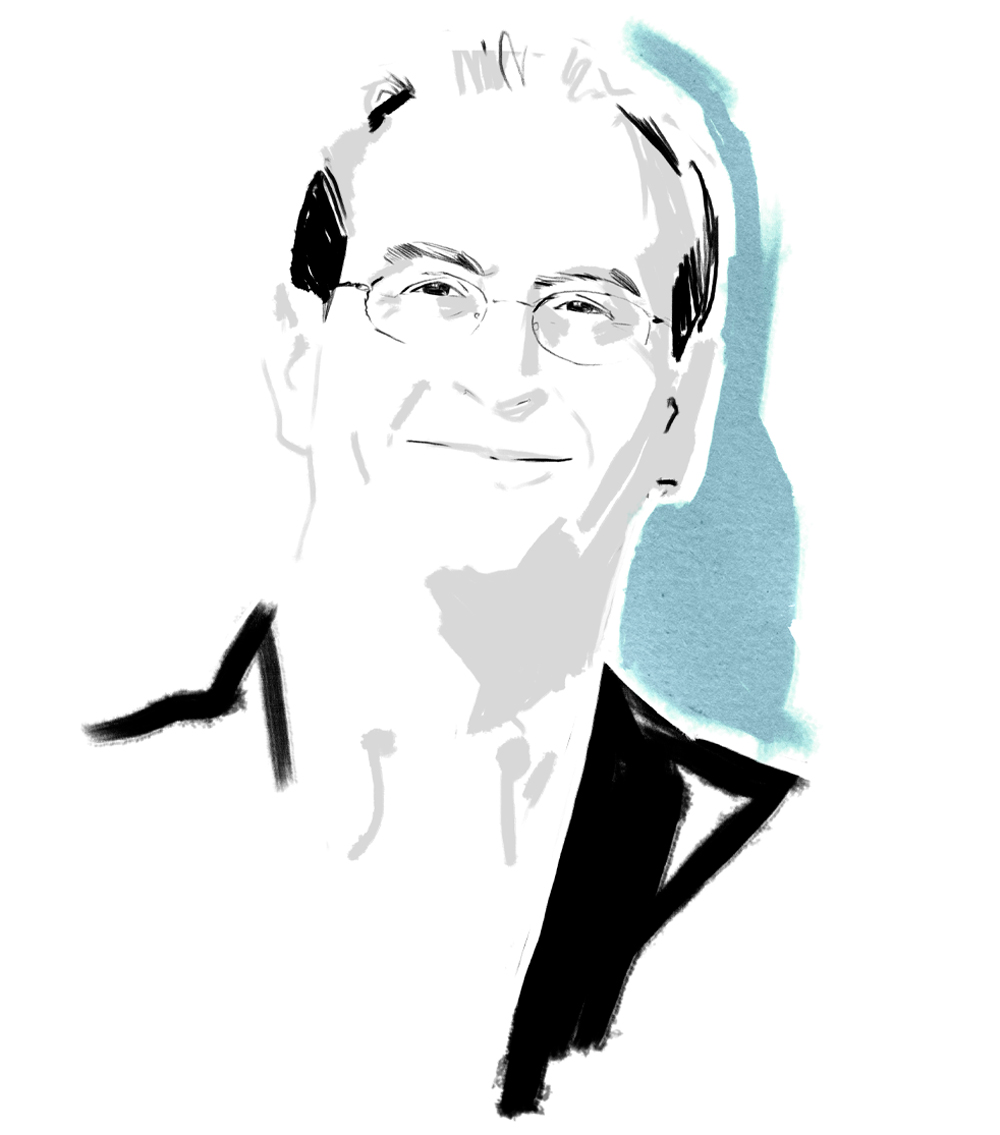


 ed
edBorn in Baltimore, Neustadt earned his B.A. from New York University in 1975 and his J.D. from Fordham School of Law in 1979, where he edited the Law Review. He entered legal practice at Anderson Russell Kill & Olick in New York, where he specialized in commercial litigation and corporate practice and spent seven years as a partner.
A theater obsessive since his teens, Neustadt made the decision in 1986 to leave the law firm in order to pursue acting, at the urging of a friend who was a casting director. He heard about the writing job at Fordham literally the day after quitting the firm, and he made the decision to simultaneously pursue both lines of work—a plan he stuck to for more than 30 years.
Neustadt was hired by Director of Legal Writing Rachel Vorspan, and together the two built the Legal Writing Program into the powerhouse it is today. In particular, Neustadt oversaw the First-Year Program, which is so pivotal to students’ experience in Law School.
In Neustadt’s work as an administrator and teacher, he introduced new elements into the curriculum to reflect the changing needs of the legal profession, prepared adjunct professors for their teaching responsibilities, and advocated enthusiastically for his students. “He was a larger-than-life personality—very funny and engaging. The students loved him,” says Professor James L. Kainen, a longtime colleague. “He kept in touch with them for years and got to know them very well.”
As an actor, Neustadt appeared on stage, in commercials, and in films such as Analyze This, Analyze That, Arbitrage, and Blue Jasmine. He also appeared on Law & Order (variously as a doctor, lawyer, distraught husband, and concerned father) and the second season of Billions.
Neustadt was recognized for his dedication to Fordham Law with the 2019 Eugene J. Keefe Award for service. Upon receiving the prize, he joked, “I guess I’m never going to get that Tony, but I am almost embarrassed—and a little surprised to realize—that this means more to me.”
 ed
ed


Born in Baltimore, Neustadt earned his B.A. from New York University in 1975 and his J.D. from Fordham School of Law in 1979, where he edited the Law Review. He entered legal practice at Anderson Russell Kill & Olick in New York, where he specialized in commercial litigation and corporate practice and spent seven years as a partner.
A theater obsessive since his teens, Neustadt made the decision in 1986 to leave the law firm in order to pursue acting, at the urging of a friend who was a casting director. He heard about the writing job at Fordham literally the day after quitting the firm, and he made the decision to simultaneously pursue both lines of work—a plan he stuck to for more than 30 years.
Neustadt was hired by Director of Legal Writing Rachel Vorspan, and together the two built the Legal Writing Program into the powerhouse it is today. In particular, Neustadt oversaw the First-Year Program, which is so pivotal to students’ experience in Law School.
In Neustadt’s work as an administrator and teacher, he introduced new elements into the curriculum to reflect the changing needs of the legal profession, prepared adjunct professors for their teaching responsibilities, and advocated enthusiastically for his students. “He was a larger-than-life personality—very funny and engaging. The students loved him,” says Professor James L. Kainen, a longtime colleague. “He kept in touch with them for years and got to know them very well.”
As an actor, Neustadt appeared on stage, in commercials, and in films such as Analyze This, Analyze That, Arbitrage, and Blue Jasmine. He also appeared on Law & Order (variously as a doctor, lawyer, distraught husband, and concerned father) and the second season of Billions.
Neustadt was recognized for his dedication to Fordham Law with the 2019 Eugene J. Keefe Award for service. Upon receiving the prize, he joked, “I guess I’m never going to get that Tony, but I am almost embarrassed—and a little surprised to realize—that this means more to me.”
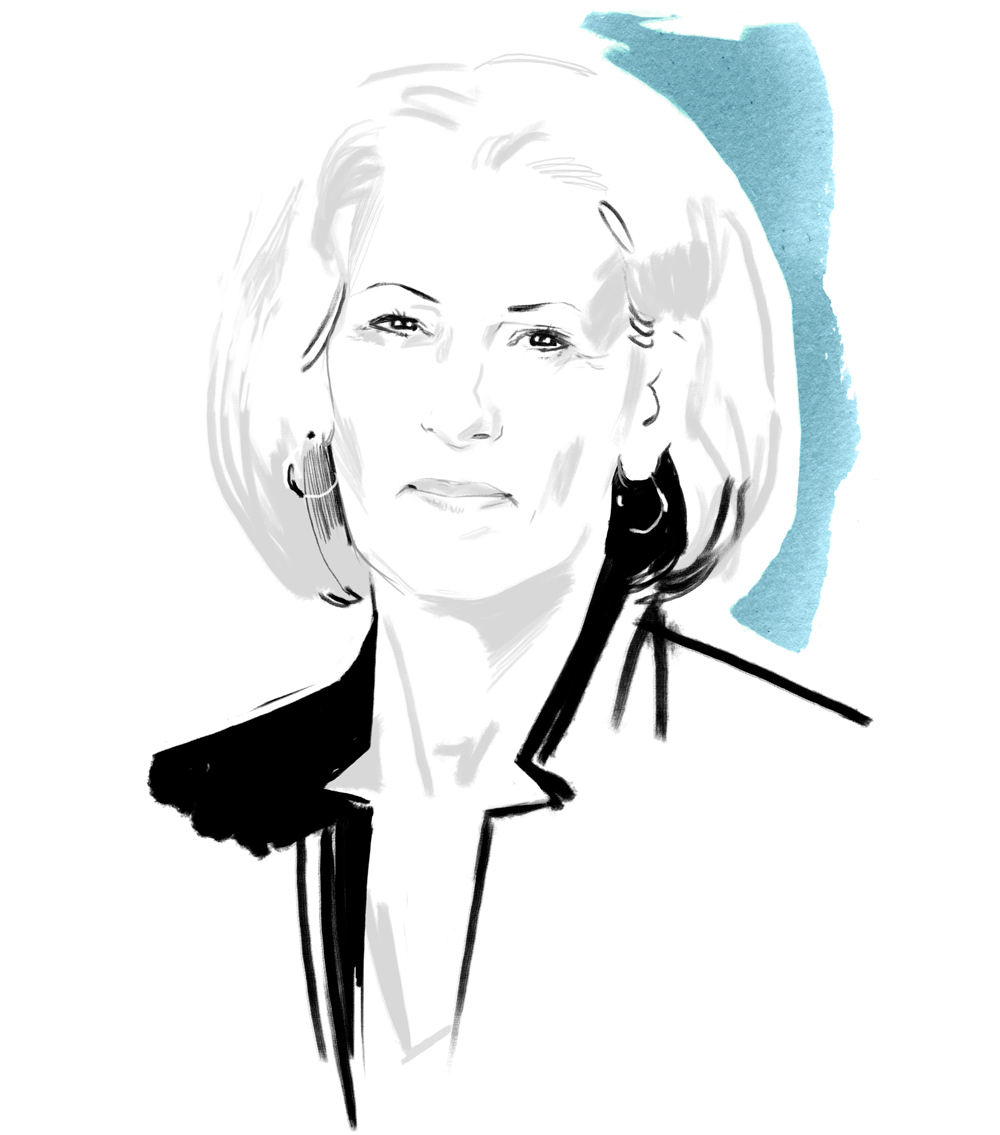


 eth
ethBeth Schwartz will retire this year from a career at Fordham Law that began in 1987 and included several different in-house clinics, the J.D. Externship Program, the Pro Bono Scholars Program, and the Fundamental Lawyering Skills Program—a unique course of study in which students engage with professional actors who take on the roles of clients using extensively researched, true-to-life scripts.
Asked about an aspect of the Fundamental Lawyering Skills Program that students find most challenging, Schwartz singles out client counseling. “We’re supposed to remain neutral when we counsel a client, but we’re also human, and being human makes it really difficult to be neutral,” she explains. Recorded demonstrations and in-class exercises are instructive, she says, “because they show what neutrality looks like and also what something other than neutrality looks like.”
A native New Yorker, Schwartz received her B.A. from SUNY Buffalo in 1973 and her J.D. from St. John’s University Law School in 1978. After graduation she worked as a lawyer for the Office of the Corporation Counsel of the City of New York and for the Division of Enforcement at the United States Commodity Futures Trading Commission.
Together with Professor James Cohen, Schwartz created Fordham’s Litigation Skills Clinic—the Law School’s first in-house clinic. She is certified as a Mediator for the New York State Unified Court System and served on several mediator panels, including the United States District Court, Southern District of New York, and the New York City Family Courts.
 eth
eth


Beth Schwartz will retire this year from a career at Fordham Law that began in 1987 and included several different in-house clinics, the J.D. Externship Program, the Pro Bono Scholars Program, and the Fundamental Lawyering Skills Program—a unique course of study in which students engage with professional actors who take on the roles of clients using extensively researched, true-to-life scripts.
Asked about an aspect of the Fundamental Lawyering Skills Program that students find most challenging, Schwartz singles out client counseling. “We’re supposed to remain neutral when we counsel a client, but we’re also human, and being human makes it really difficult to be neutral,” she explains. Recorded demonstrations and in-class exercises are instructive, she says, “because they show what neutrality looks like and also what something other than neutrality looks like.”
A native New Yorker, Schwartz received her B.A. from SUNY Buffalo in 1973 and her J.D. from St. John’s University Law School in 1978. After graduation she worked as a lawyer for the Office of the Corporation Counsel of the City of New York and for the Division of Enforcement at the United States Commodity Futures Trading Commission.
Together with Professor James Cohen, Schwartz created Fordham’s Litigation Skills Clinic—the Law School’s first in-house clinic. She is certified as a Mediator for the New York State Unified Court System and served on several mediator panels, including the United States District Court, Southern District of New York, and the New York City Family Courts.
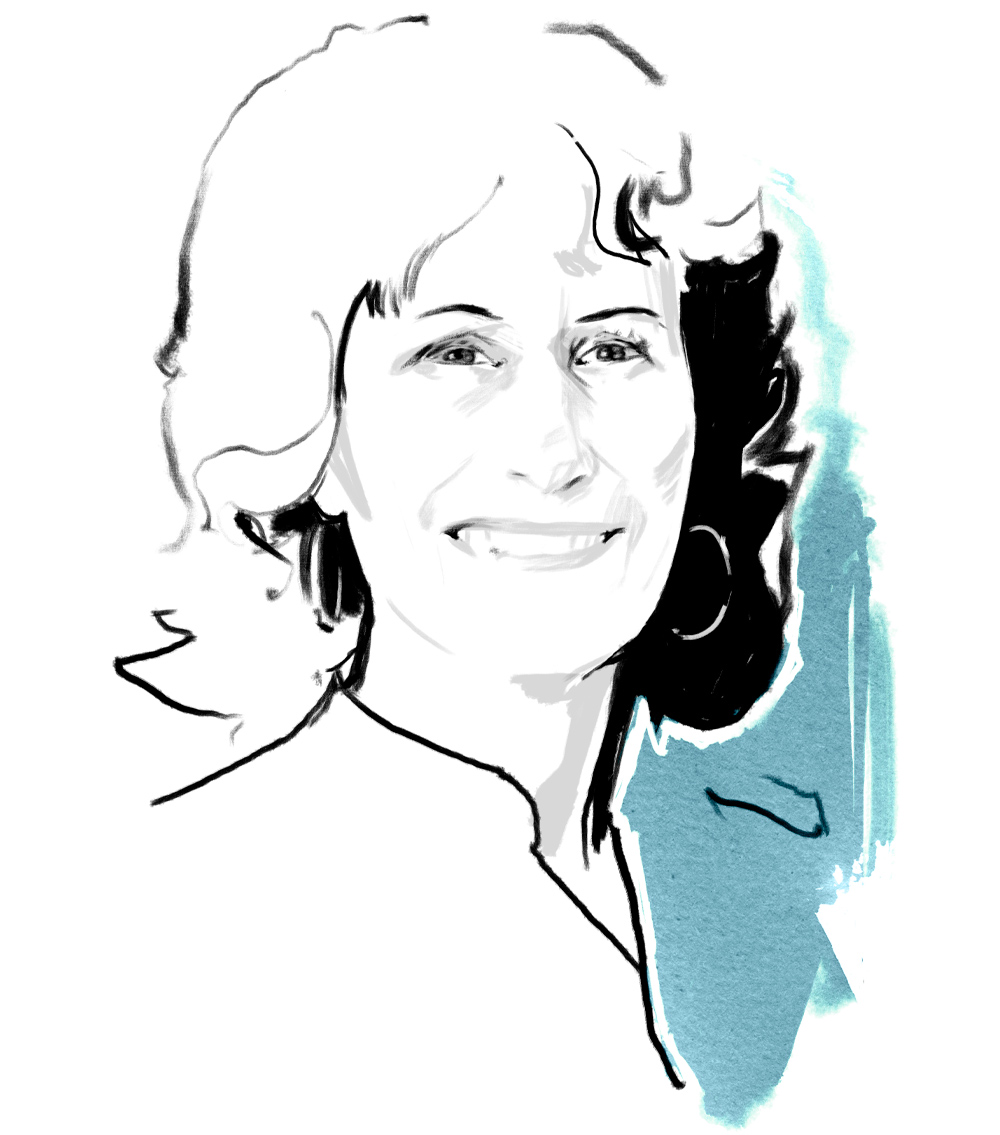


 achel
achelUnder Vorspan’s leadership, the Legal Writing Program at Fordham Law has grown to become one of the most extensive in the country, consisting of a First-Year Program, an Advanced Program, and an LL.M. Program.
Working alongside Associate Director of Legal Writing Ted Neustadt, Vorspan built the Legal Writing Program from the ground up: recruiting and nurturing adjunct faculty comprising many of the leading practitioners in the city and creating a unique upper-level legal writing curriculum that today boasts more than 30 courses and is one of the strongest and most distinctive in the country. Students benefit from working with practicing lawyers and dedicated teachers who are out in the courthouses every day.
Vorspan graduated with an A.B. from the University of California, Berkeley, in 1967, then studied at the London School of Economics as a Fulbright Scholar and Research Fellow. An academic star on the rise, she received a Ph.D. in history from Columbia University in 1975 before earning her J.D. from Harvard Law School in 1979, where she served on the Law Review.
After clerking for the Hon. Charles P. Sifton on the U.S. District Court for the Eastern District of New York, Vorspan took a job as a staff attorney for the Civil Appeals and Law Reform Unit of the Legal Aid Society of New York City. She taught in the Legal Writing Program at New York University Law School before coming to Fordham Law.
Vorspan contributed numerous articles to academic journals. In “‘Freedom of Assembly’ and the Right to Passage in Modern English Legal History” (San Diego Law Review, 1997) she argued that a general pattern of under-enforcing obstruction law contributed to a popular belief in a right to assemble for street demonstrations that was inconsistent with the formal legal status of meetings. Since the ’60s, she concluded, this disconnect has prompted increasingly vocal calls for formal recognition of “freedom of assembly.”
“Rachel’s work on the regulations of demonstrations and parading is among the best I’ve encountered,” says Martin Flaherty, Leitner Family Professor of International Human Rights Law and Founding Co-Director of the Leitner Center of International Law and Justice. “One secret to her success is precisely the knowledge that practical lawyering and scholarship go hand in hand.”
 achel
achel


Under Vorspan’s leadership, the Legal Writing Program at Fordham Law has grown to become one of the most extensive in the country, consisting of a First-Year Program, an Advanced Program, and an LL.M. Program.
Working alongside Associate Director of Legal Writing Ted Neustadt, Vorspan built the Legal Writing Program from the ground up: recruiting and nurturing adjunct faculty comprising many of the leading practitioners in the city and creating a unique upper-level legal writing curriculum that today boasts more than 30 courses and is one of the strongest and most distinctive in the country. Students benefit from working with practicing lawyers and dedicated teachers who are out in the courthouses every day.
Vorspan graduated with an A.B. from the University of California, Berkeley, in 1967, then studied at the London School of Economics as a Fulbright Scholar and Research Fellow. An academic star on the rise, she received a Ph.D. in history from Columbia University in 1975 before earning her J.D. from Harvard Law School in 1979, where she served on the Law Review.
After clerking for the Hon. Charles P. Sifton on the U.S. District Court for the Eastern District of New York, Vorspan took a job as a staff attorney for the Civil Appeals and Law Reform Unit of the Legal Aid Society of New York City. She taught in the Legal Writing Program at New York University Law School before coming to Fordham Law.
Vorspan contributed numerous articles to academic journals. In “‘Freedom of Assembly’ and the Right to Passage in Modern English Legal History” (San Diego Law Review, 1997) she argued that a general pattern of under-enforcing obstruction law contributed to a popular belief in a right to assemble for street demonstrations that was inconsistent with the formal legal status of meetings. Since the ’60s, she concluded, this disconnect has prompted increasingly vocal calls for formal recognition of “freedom of assembly.”
“Rachel’s work on the regulations of demonstrations and parading is among the best I’ve encountered,” says Martin Flaherty, Leitner Family Professor of International Human Rights Law and Founding Co-Director of the Leitner Center of International Law and Justice. “One secret to her success is precisely the knowledge that practical lawyering and scholarship go hand in hand.”